Key Takeaways at a Glance:
- Ongoing 2025 research in Bangkok explores stem cell therapy’s potential for improving social skills and cognitive functions in autism.
- Rigorous clinical trials ensure safety, proper cell sourcing, and responsible administration.
- Early results show promise, with some patients reporting improved communication and reduced behavioral challenges.
- Collaboration between local institutions, international researchers, and patient communities drives innovation and ethical standards.
By 2025, Bangkok has emerged as a key center for exploring the possibilities of stem cell therapies in treating autism. While autism spectrum disorder (ASD) does not have a known cure, new research focuses on harnessing the regenerative and supportive properties of stem cells to improve core symptoms.
Scientists and clinicians in Bangkok work hand-in-hand, designing rigorous clinical trials that prioritize patient well-being, ethical standards, and meaningful results. As more families seek alternatives to traditional therapies, Bangkok’s approach offers a glimpse into what the future may hold—improved communication, better social engagement, and enhanced quality of life for individuals with autism.
The Rationale Behind Stem Cell Therapy for Autism
Autism is characterized by difficulties in social interaction, communication, and repetitive behaviors. Current treatments often center on behavioral therapies, educational interventions, and medication to manage specific symptoms.
Stem cell therapy aims to address underlying neurological imbalances. Certain types of stem cells, when introduced into the body, may help reduce inflammation in the brain, promote healthier neural connections, and potentially influence how different areas of the brain communicate. While this research is still evolving, the goal is to create a supportive environment in the brain that enhances the effectiveness of traditional interventions.
2025 Research Landscape in Bangkok
Bangkok’s medical community benefits from a robust research ecosystem. Government support, academic institutions, private clinics, and international partnerships form a network dedicated to advancing regenerative medicine. In 2025, several high-profile clinical trials focus on autism:
-
Multi-Center Studies: Institutions collaborate on region-wide trials, pooling resources and data to streamline discovery.
-
Standardized Protocols: Researchers follow set guidelines on cell type selection, dosage, and administration methods, ensuring consistent results and data accuracy.
-
Ethical Oversight: Ethics committees review all trial designs, patient consent processes, and follow-up measures. Ensuring informed consent and protecting vulnerable populations are top priorities.
Clinical Trial Structure and Patient Involvement
Clinical trials exploring stem cell treatments for autism typically proceed in stages. Early-phase trials focus on safety—monitoring patients for potential side effects, evaluating how the body responds to the introduced cells, and ensuring no harmful immune reactions occur. Later phases compare treated groups to control groups, assessing improvements in communication, social skills, and overall behavior.
Parents and caregivers play an integral role. Before enrolling, they receive clear information about the therapy’s potential risks and benefits, the trial’s duration, and what outcomes to expect. Constant feedback and progress tracking help researchers adapt protocols for better results in future trials.
Types of Stem Cells Used in Thailand
Most autism-focused trials in Bangkok explore the use of mesenchymal stem cells (MSCs). MSCs, often sourced from umbilical cord tissue or bone marrow, are known for their anti-inflammatory properties. Some research also investigates neural stem cells, which directly influence brain cell development. Each trial carefully screens the stem cell source to ensure purity, viability, and compatibility with patients.
Safeguards are in place to maintain cell quality. Accredited laboratories follow stringent guidelines for cell isolation, storage, and transportation. Clinics often work with independent testing facilities to verify that each batch of cells meets international quality standards before use.
Preliminary Results and Patient Feedback
While it’s too early for definitive conclusions, some patients involved in these 2025 trials report encouraging changes. Parents note subtle shifts in children’s attention spans, reduced irritability, or greater willingness to engage in social activities. Therapists working with these individuals may find that communication exercises yield improved responses post-therapy.
However, it’s essential to understand that not all patients show the same level of improvement. Stem cell therapy is still experimental, and results vary based on age, severity of autism symptoms, and co-existing conditions. Researchers caution that while early indicators are positive, larger sample sizes and longer follow-ups are needed for reliable, evidence-based conclusions.
Balancing Hope with Caution
Families exploring stem cell therapy for autism must weigh hope against realistic expectations. Bangkok’s medical community encourages open dialogue: doctors and researchers explain the current science, potential benefits, and known limitations. Patients and caregivers are advised that these therapies, while promising, remain experimental—not guaranteed cures.
By 2025, transparency has become a cornerstone of Bangkok’s stem cell research environment. Full disclosure about trial results, ongoing studies, and established protocols ensures that patients can make informed decisions. Researchers strive to refine techniques, improve success rates, and identify which subgroups of patients benefit most.
Collaborations and Global Impact
Bangkok doesn’t operate in isolation. It collaborates with international research bodies, patient advocacy groups, and global think-tanks focusing on autism and regenerative medicine. Sharing results, methodologies, and patient experiences enriches the global understanding of autism treatments.
These partnerships help Bangkok’s clinics adhere to international best practices. They exchange data with peers abroad, encouraging standardization and comparability. This cross-border dialogue accelerates the development of safer, more effective treatments that could one day be adopted worldwide.
Top Clinics in Thailand
Vega Stem Cell Clinic
Reputation & Approach:
-
Vega Stem Cell Clinic focuses on cutting-edge regenerative treatments, including neurological stem cell therapies
-
Personalized care plans supported by ongoing research and development
-
Adheres to strict international standards and transparent protocols
Beike Biotech
Reputation & Approach:
-
Beike Biotech is renowned for a strong international presence in the field of regenerative medicine
-
Offers comprehensive patient support, from travel arrangements to post-treatment follow-up
-
Collaborates with global research partners to enhance treatment safety and effectiveness
STEMCERA by Vega Stem Cell
Reputation & Approach:
-
STEMCERA is specializes in innovative stem cell solutions for conditions like autism and Parkinson’s
-
Committed to providing detailed treatment information and transparent patient outcomes
-
Employs rigorous compliance with international guidelines to ensure ethical, evidence-based care
Top Doctors in Thailand
Dr. Surasak Jirapornchai
Key Strengths:
-
Prioritizes patient education, ensuring each step is clearly explained
-
Active in research, keeping treatment methods aligned with global standards
-
Balances innovative science with practical, patient-friendly approaches
Dr. Chollawat Thongthaisi
Key Strengths:
-
Customizes stem cell therapies to match each patient’s unique needs
-
Encourages feedback from families to refine treatment plans continuously
-
Works with international experts to maintain a cutting-edge treatment repertoire
Dr. Sean Hu
Key Strengths:
-
Emphasizes patient comfort and minimizing side effects
-
Provides thorough follow-up care to track improvements and adjust therapies
-
Ensures quality control at every stage, from cell sourcing to post-treatment support
Why They’re Trending
Thailand’s top clinics and doctors are trending in 2025 because they combine affordability, high standards, and comprehensive patient support. They remain dedicated to continuous research, adopting state-of-the-art equipment, and placing patients at the center of all decisions. This holistic, innovative, and transparent approach makes Thailand a highly regarded destination for regenerative and stem cell treatments on the global stage.
Looking Ahead
Autism stem cell therapies in Bangkok represent a frontier of medical exploration. As scientists refine protocols and build larger, more diverse patient samples, the true potential of this therapy will become clearer. The hope is that by reducing neurological inflammation, improving cellular environments, and boosting the body’s ability to repair itself, individuals with autism can enjoy greater independence, clearer communication, and richer connections with others.
Beyond 2025, researchers aim to integrate stem cell therapy into a holistic approach, combining it with behavioral interventions, educational strategies, and nutritional support. The vision is a future where families have more tools, more information, and ultimately more hope in managing and improving the lives of those affected by autism.

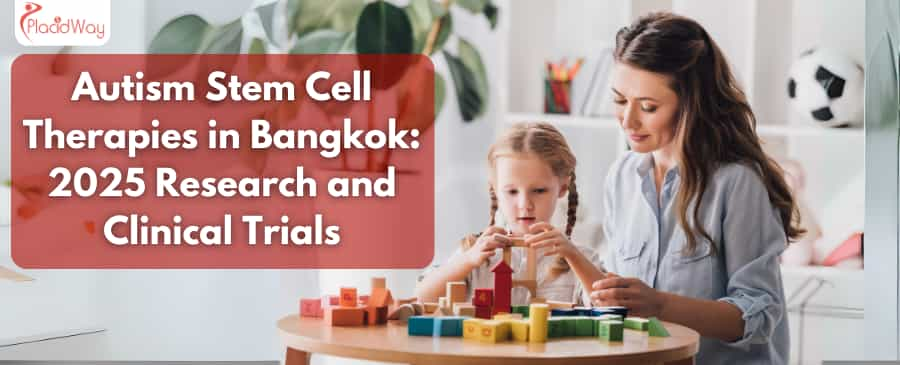

.png)

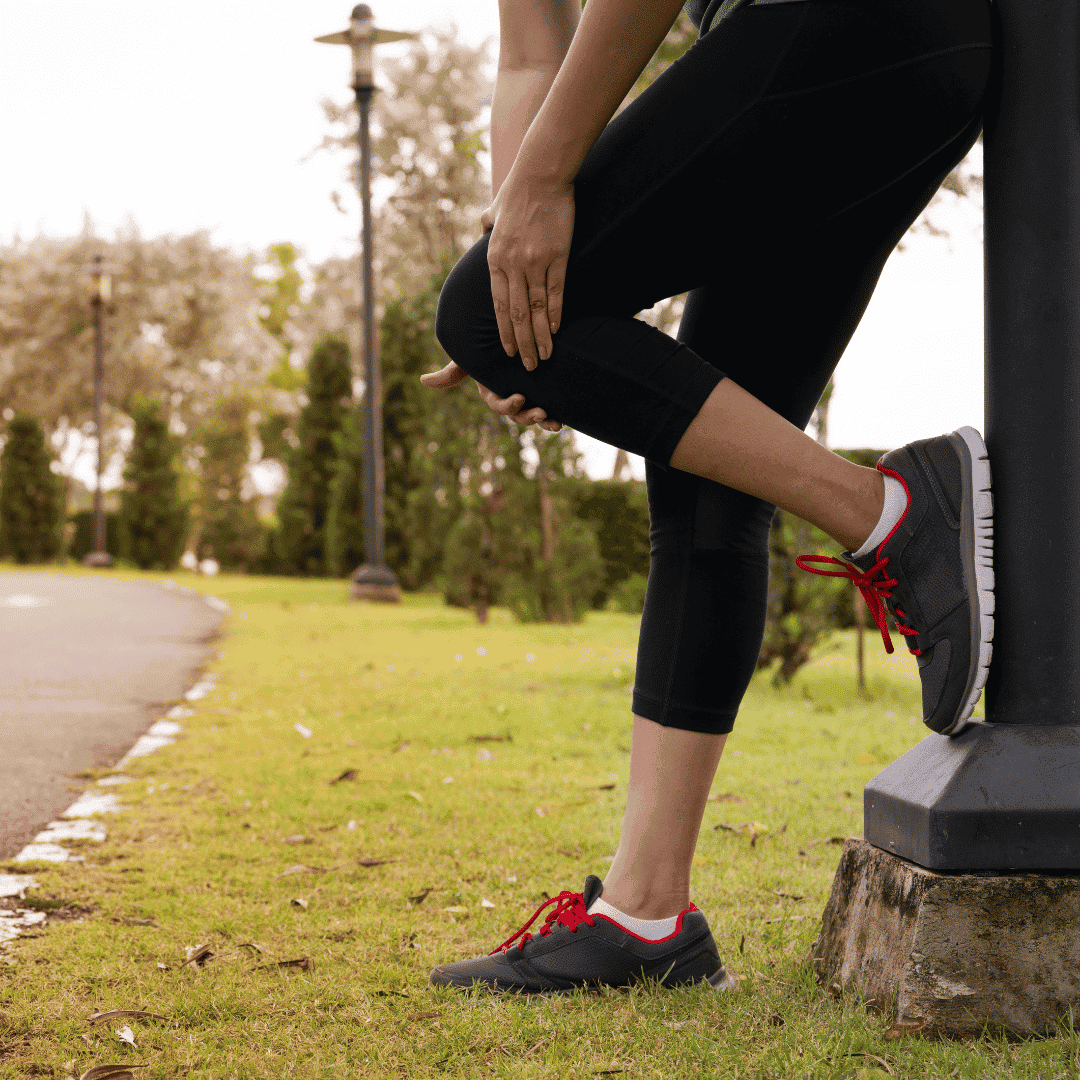
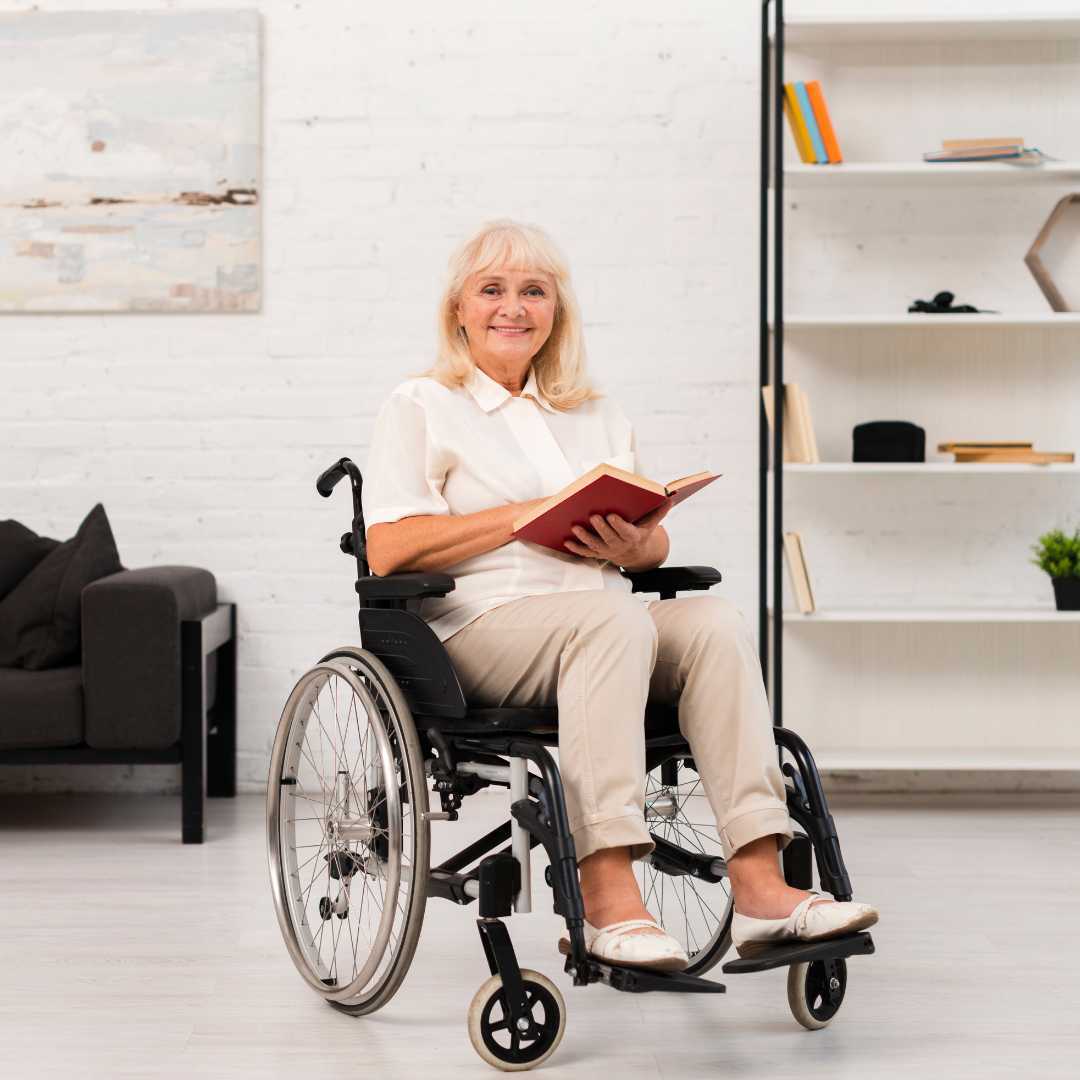

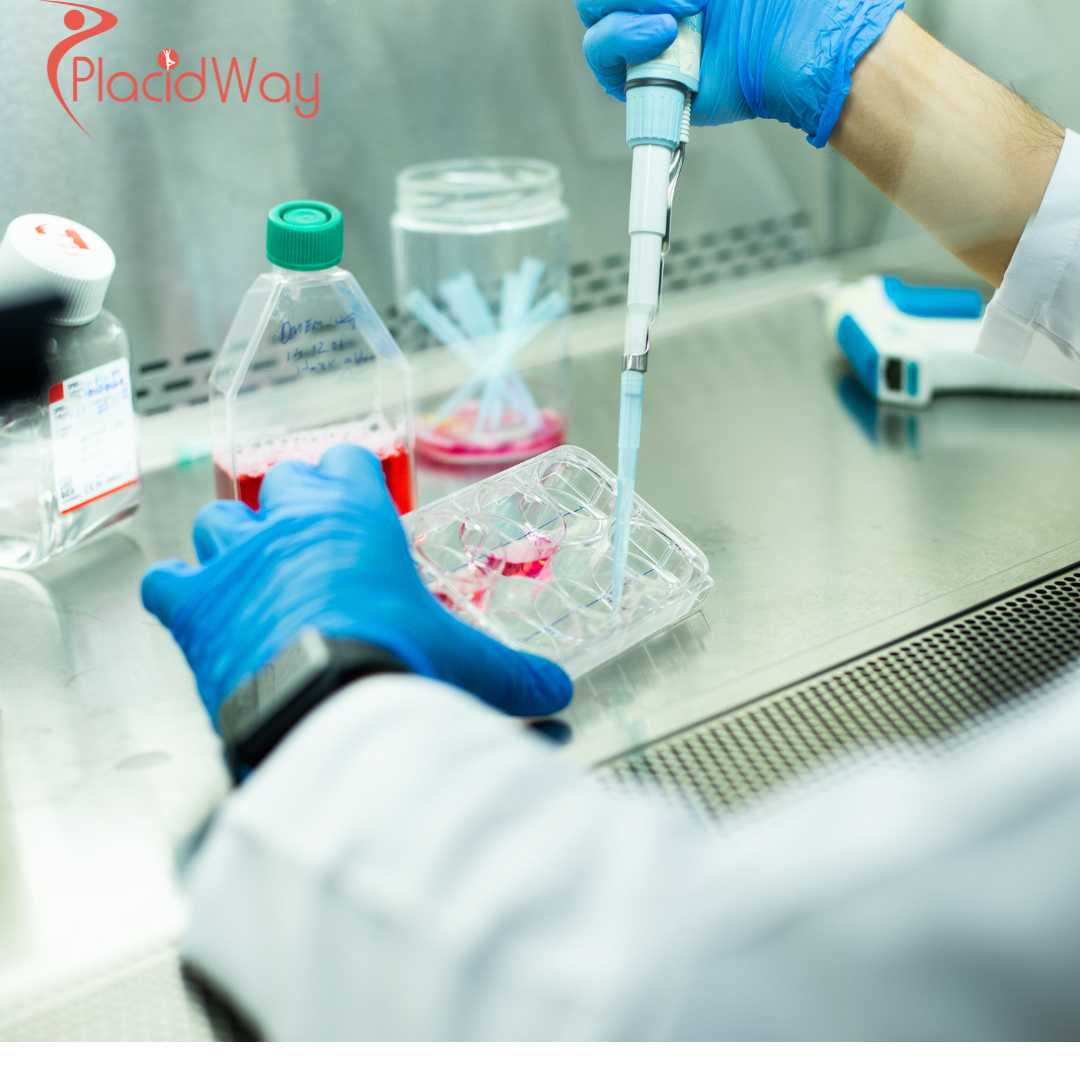
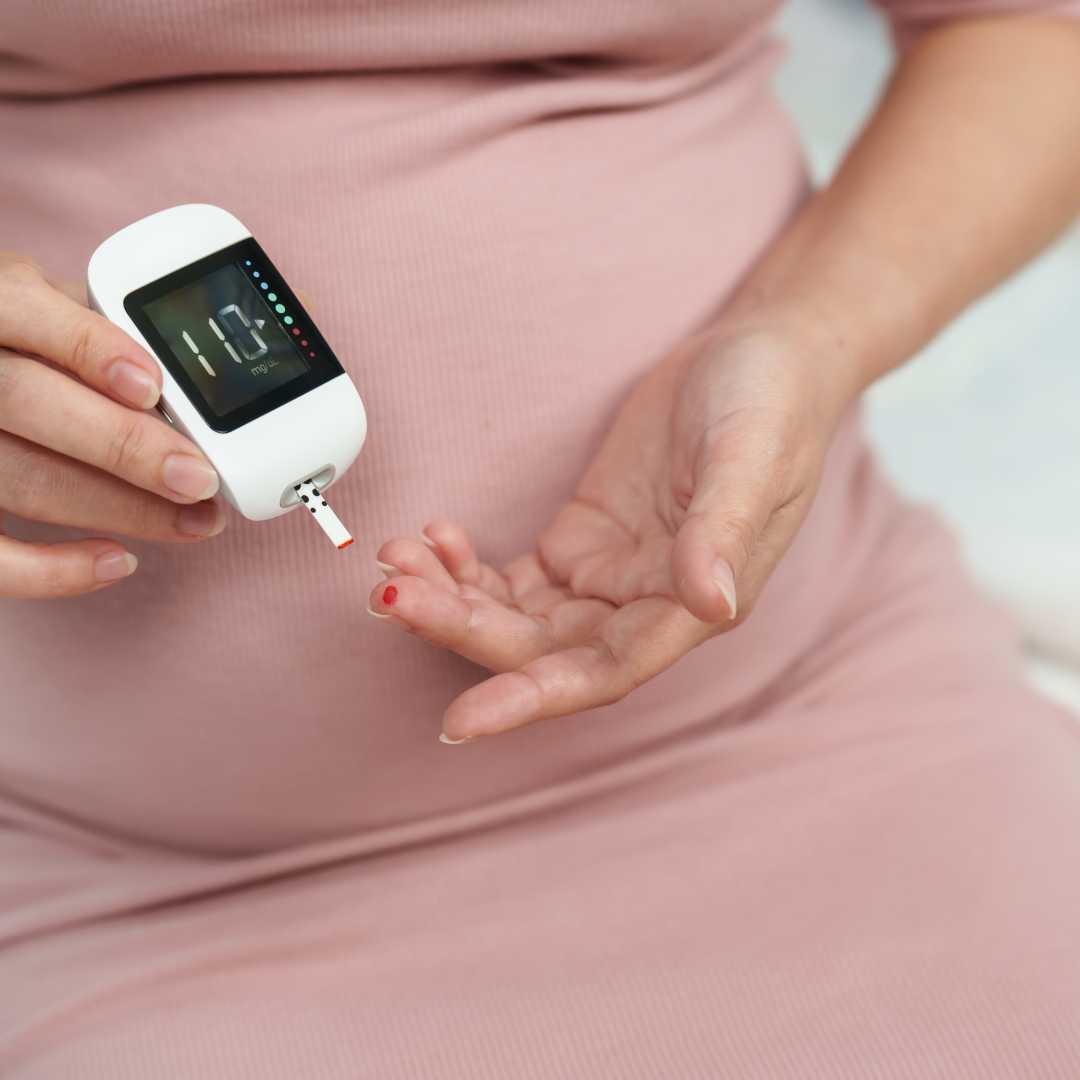
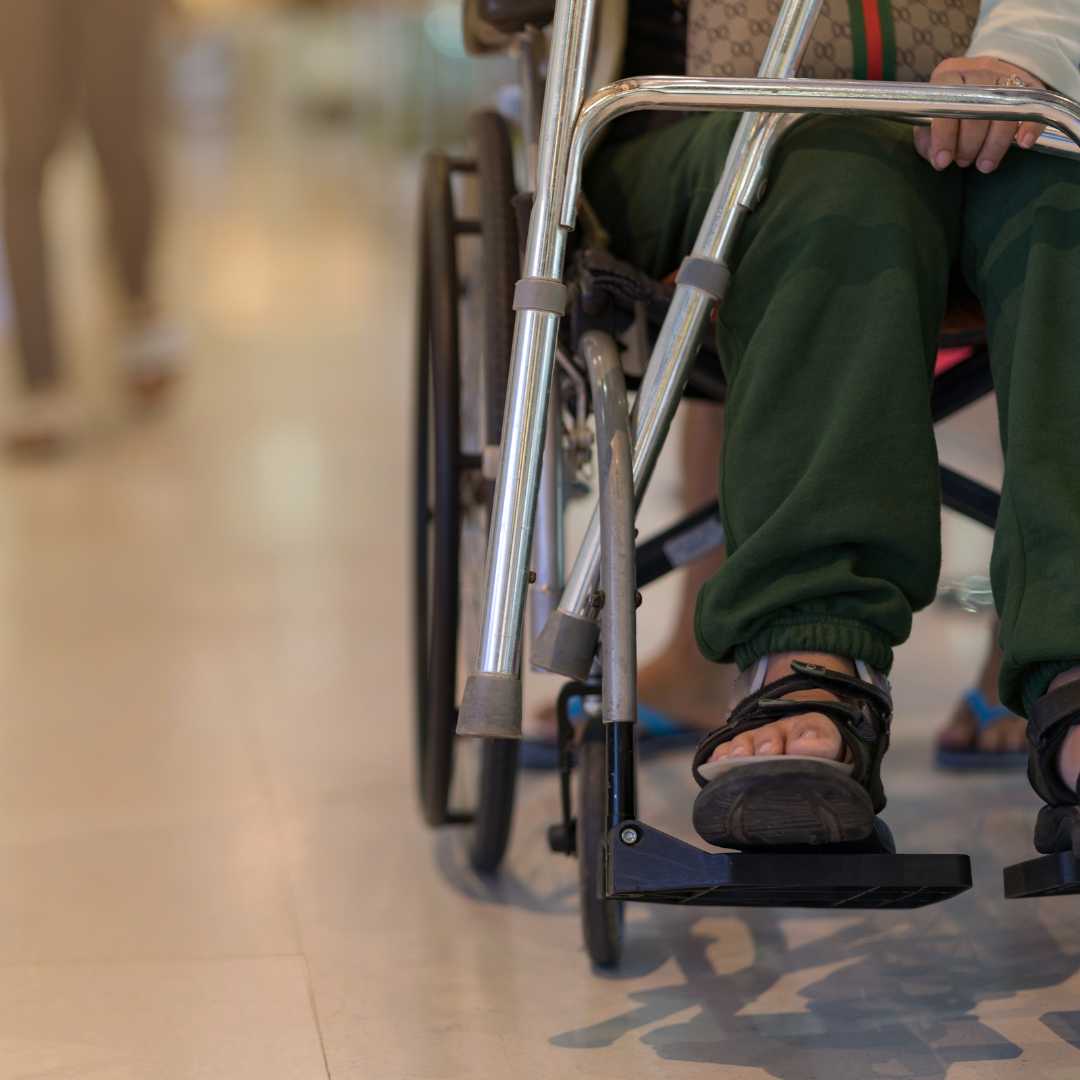
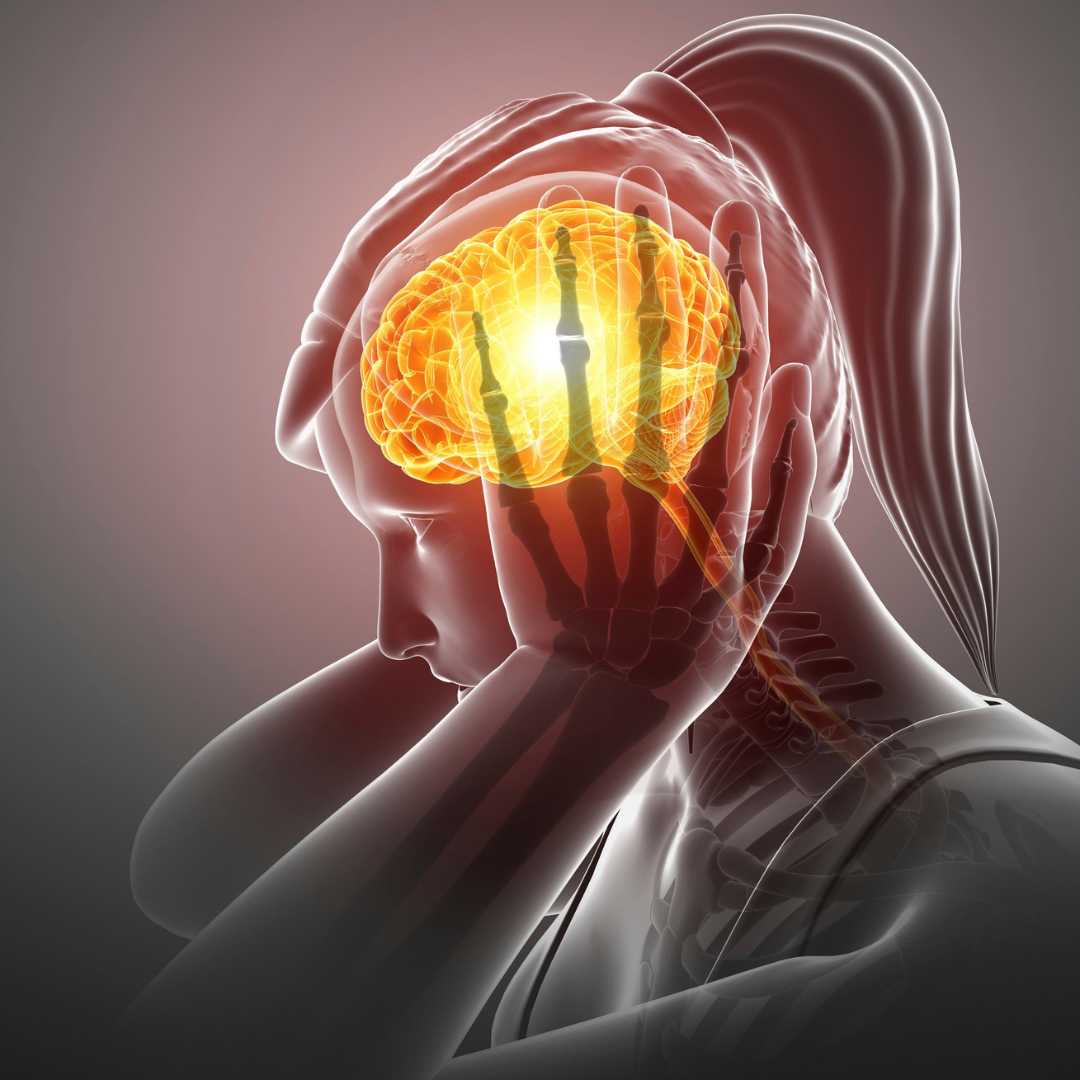

.png)

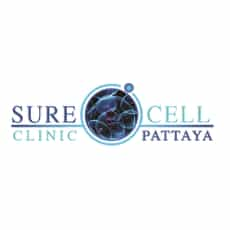


Share this listing